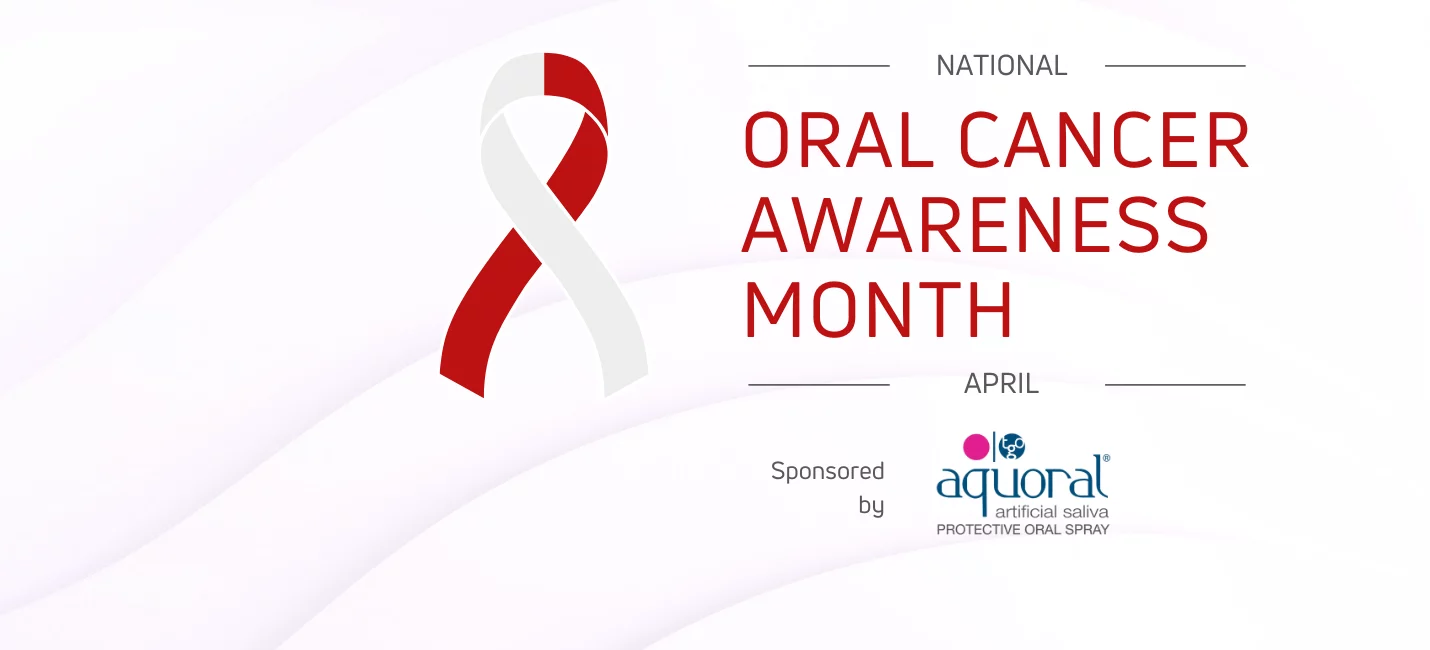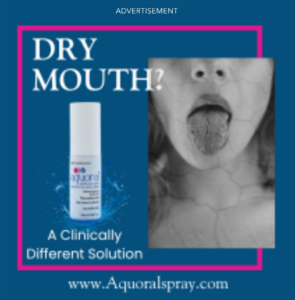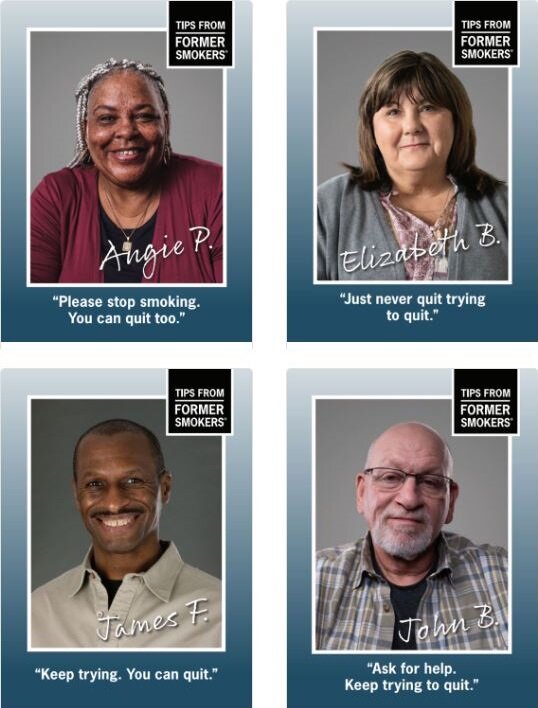April Focus: Early Detection & Prevention
Oral cancer is on the rise. The American Cancer Society most recently estimates about 59,660 new cases and 12,770 deaths in the U.S. in 2025 from oral cavity and oropharyngeal cancer.1 The five-year survival rate is only about 40% because oral cancers are often discovered at later stages. Survivors often experience problems such as facial disfigurement or eating and speaking difficulties. Early detection is key to improved survival rates and dental hygienists are key to early detection.
Take some time in April for oral cancer-specific learning and amplify your awareness, understanding and knowledge to support your patients with prevention, detection, diagnosis and care management.
April Events & Content

Oral Complications of Oncologic Treatments: The Dental Hygienist’s Role
Recorded: April 9, 2024
Presenters: Kentaro Ikeda, DDS, MPH, FDSRCSEd & Jennifer S. Brown, BSDH, RDH, CH-OSE
Review risks and clinical manifestations of several oral complications of oncologic treatments and understand the role of dental hygienists in the prevention and reduction of complications and management of individuals with these complications.
Sponsored by Aquoral. Presented in partnership with the American Academy of Oral Medicine.
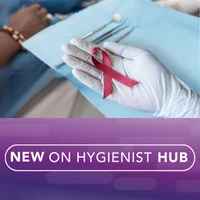
Redefining the Front Line: Transforming Our Approach to Oral and Oropharyngeal Cancer
By Jo-Anne Jones, RDH, FIADFE
Oral cancer cases have risen 35% in a decade, with HPV causing 60-70% of oropharyngeal cancers. Learn 5 crucial things dental hygienists must know to detect cancer earlier. Learn about changing patient profiles, key symptoms and essential screening tools.
Sponsored by Aquoral
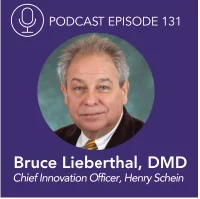
FREE PODCAST
Innovation in Early Oral Cancer Detection
Episode 131, Released April 2, 2024
Host: Matt Crespin, MPH, RDH, FADHA
Guests: Dr. Bruce Lieberthal, DMD
Dr. Bruce Lieberthal explains his personal connection and dedication to early detection that has led to his innovative diagnostic work at the forefront of oral cancer detection and new cutting-edge point-of-care salivary technology.
On-Demand CE on Oral Cancer
Give oral cancer some of your time this month with convenience, useful and Free CE on this important topic.
Using Brief Motivational Interviewing for Tobacco Cessation in Oral Cancer Prevention
Discover motivational interviewing to help patients quit smoking, learn to assess readiness to quit and guide change conversations using Ask, Advise, Refer. Special guest from the CDC’s 2024 Tips From Former Smokers campaign. Take the course >>
Presenters: Michelle Arnett, RDH, MS, and JoAnn Gurenlian, RDH, MS, PhD, AAFAAOM, FADHA
1.0 FREE CE during April
The Dental Hygienist & Oral Cancer Diagnosis: What’s My Role?
An overview of the clinical features of OSCC and OPMDs, best practices for examining the oral cavity and identifying potentially concerning features, and how to refer patients with suspicious/concerning oral lesions for further evaluation and diagnosis. Take the course >>
Presenters: Nathaniel S. Treister, DMD, DMSc, Jaisri Thoppay, Nancy W. Burkhart, Ed.D, M.Ed., BS, RDH, AAFAAOM
1.5 FREE CE during April
From the Journal of Dental Hygiene
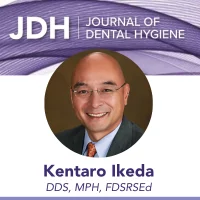
Advances, Challenges and Opportunities in Cancer Care
Kentaro Ikeda, DDS, MPH, FDSRCSEd
April 2025, 99 (2) 4-6
Advances in oral cancer care are bringing 5-year survival rates up. Dental hygienists are crucial for early detection and managing treatment complications like mucositis and xerostomia. As cancer survival improves, demand for hygienists in oncology grows. Read Now >>
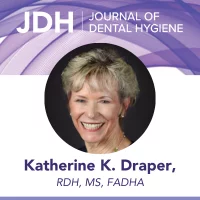
Oral and Oropharyngeal Cancers: Moving Beyond Awareness
Catherine K. Draper, RDH, MS, FADHA
April 2024, 98 (2) 4-5
Dental hygienists are key to early diagnosis and disease prevention. Opportunities lie ahead for intra- and interprofessional collaboration within the dental team, OC/OPC education, clinical protocols and communication with oral medicine specialists. Read Now >>
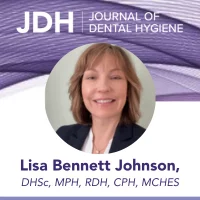
Oral Cancer: Prevention, Detection and Prospects for Greater Health Equity
Lisa Bennett Johnson, DHSc, MPH, RDH, CPH, MCHES
April 2023, 97 (2) 4-6
Explore critical issues surrounding oral cancer, including how oral health inequities impact screening, education, and prevention of oral cancer. Read Now >>
Free CDC Resources to Help Patients Quit Smoking
The CDC’s Tips from Former Smokers campaign offers a number of free resources for download and ordering.
Provided by the Office on Smoking and Health, National Center for Chronic Disease Prevention and Health Promotion, Centers for Disease Control and Prevention.
1Key Statistics for Oral Cavity and Oropharyngeal Cancers. (2025). American Cancer Society. Retrieved March 28, 2025, from https://www.cancer.org/cancer/types/oral-cavity-and-oropharyngeal-cancer/about/key-statistics.html

